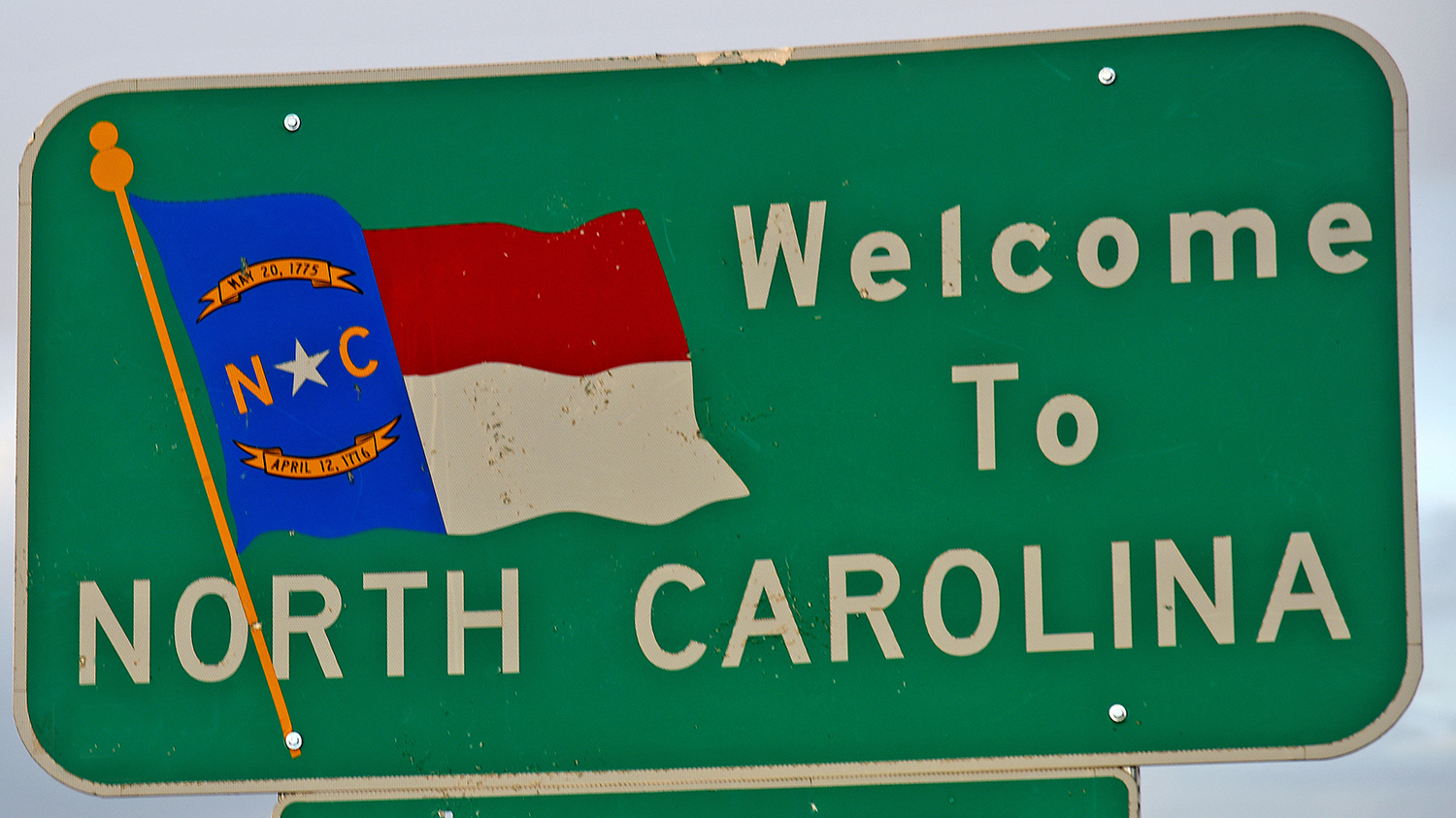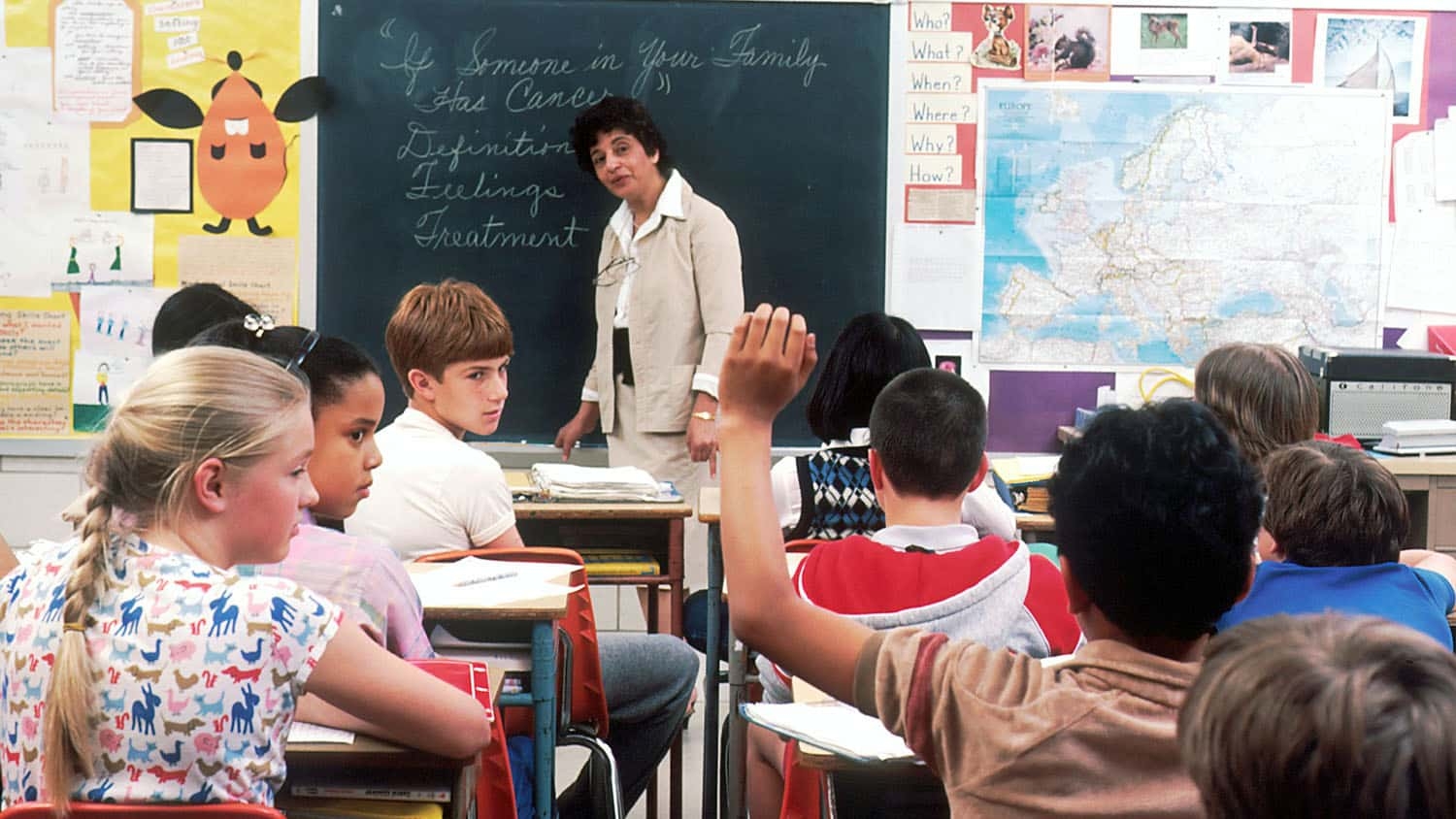Quiz: Voices of North Carolina (Part 2)
Can you name where these speakers live? Test your knowledge, and explore dialect change across the state.

Editor’s Note: This quiz was created by NC State linguists Walt Wolfram and Brody McCurdy. Wolfram, the William C. Friday Distinguished University Professor, directs the Language and Life Project at NC State. McCurdy, a 2022 alum of NC State’s M.A. in English (linguistics concentration), is a research associate currently studying language change in Chatham County.
In a previous issue of Accolades, we offered a quiz that featured some of the prominent dialects of North Carolina. Interest in this quiz was so great that we decided to do another iteration to illustrate how the dialects of North Carolina are changing.
In some regions, external trends like in-migration, tourism, and other demographic shifts have accelerated change, while more remote, independent rural areas have been changing at a much slower pace. Change may also be affected by other social dynamics as well, such as the emerging role of ethnic identity in different populations.
This brief sample of voices illustrates some of the dynamics of change taking place in the Tar Heel State that reflect the shifting spatial and social dynamics that have affected the state over the past century.
Can You Name Where These Speakers Live?
Speaker 1
This elderly woman was a Charlottean since infancy who was a prominent member of the middle-class Charlotte community. She was born in 1916, and interviewed in her later 80s. She originally lived where Discovery Place is now located in Charlotte, and she and her family were well-known members of the community. She represents what an aristocratic member of Charlotte community sounded like 75 years ago.
Speaker 2
This elderly woman, born in 1915, was the mother of 11 boys and lived her entire life on the Island of Ocracoke. Obviously, this was a well-known family in the small island community. Although outsiders typically cannot hear the difference between Outer Banks communities like Harkers Island and Ocracoke, natives of these islands clearly distinguish between the different Outer Banks dialects.
Speaker 3
The speaker is a middle-aged native of Ocracoke in his 40s who is an integral part of the community. He runs a popular restaurant and is involved in a variety of activities within the community, including Ocracoke's extensive recovery from the massive flood from Hurricane Dorian in 2019. He represents a middle-aged group of islanders who have now lost many of the traditional dialect traits of the Outer Banks.
Speaker 4
The speaker is a younger speaker in her early 20s from Chatham County located southwest of Raleigh, Chapel Hill, and Durham. This is a region transitioning from a rural farming community to a more suburbancommunity of the Research Triangle, so the speech has not changed quite as much as metropolitan areas in the region. Some more subtle Southern traits that are no longer found in metropolitan areas are still maintained in these regions. These features will change as it transitions to a more suburban community
Speaker 5
The speaker is a mid-20s male from mainland Hyde County, one of the most remote rural areas of North Carolina. Speakers in these remote, rural areas still prodouce many of the traditional Southern features that were found in previous generations. Change occuring in these regions is receding much slower than those in metropolitan or ex-metro communities.
Speaker 6
The speaker is an African American teenager who has grown up and lives in Chatham County. Some of these younger speakers have adopted a more urban-like version of African American speech that is quite popular in metropolitan areas of the U.S. In some ways, this dialect is becoming more distinct from white varieties of English than the dialect used by their predecessors, since it is a dialect that accents ethnic identity.
Share your Results:
- Categories:



